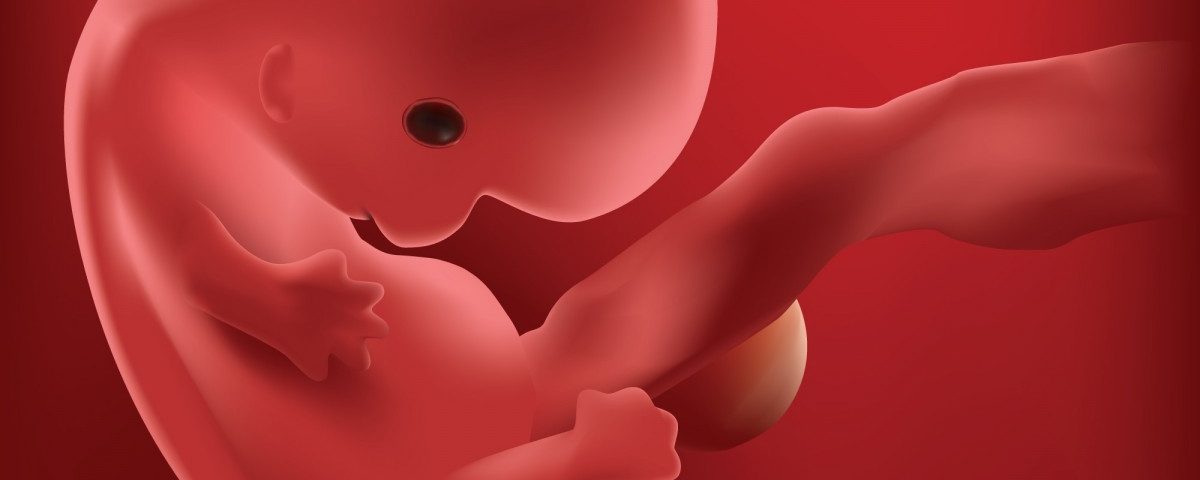A developmental anomaly and an absence of the Stk11 gene may be associated with the onset of benign prostatic hyperplasia (BPH), according to a study in mice.
The research, “Specific Deletion Of LKB1/Stk11 In The Müllerian Duct Mesenchyme Drives Hyperplasia Of The Periurethral Stroma And Tumorigenesis In Male Mice,” was published in the journal PNAS.
“During development, both male and female embryos start out having certain fetal tissue called the Müllerian duct mesenchyme,” Jose Teixeira, the study’s senior author, said in a news release. “Human male embryos need to get rid of this tissue typically between 7 to 10 weeks after conception or else they will develop a uterus.”
If the tissue is not completely removed, the remaining cells will add to those that become the prostate, making it larger later in life. Teixeira and his team traced cell development in male mice to confirm that some prostate cells come from the Müllerian duct mesenchyme.
“No one really has known the origin of this disease,” the researchers said. “But we now have early clues that this remnant tissue in the mice becomes part of the tissue” that develops into an enlarged prostate.
The team also observed that absence of the Stk11 gene, which is involved in cancers such as colon and pancreatic cancer, promotes embryonic cell proliferation and the development of BPH.
“By altering the Stk11 gene, the number of cells in this embryonic tissue multiplied above what is needed and caused the prostate tissue surrounding the urethra to grow,” Teixeira said.
It is this abnormal number and growth of cells in the prostate that eventually trigger lower urinary tract symptoms and painful urination in older men with BPH.
“Most drugs or procedures on the market today just treat the symptoms, not the disease itself,” Teixeira said. “Our study could open up a whole new pathway for targeted treatments to help shrink the prostate tissue or stop it from growing further.”
The team plans to validate their findings in human BPH as a step toward developing novel therapies.

